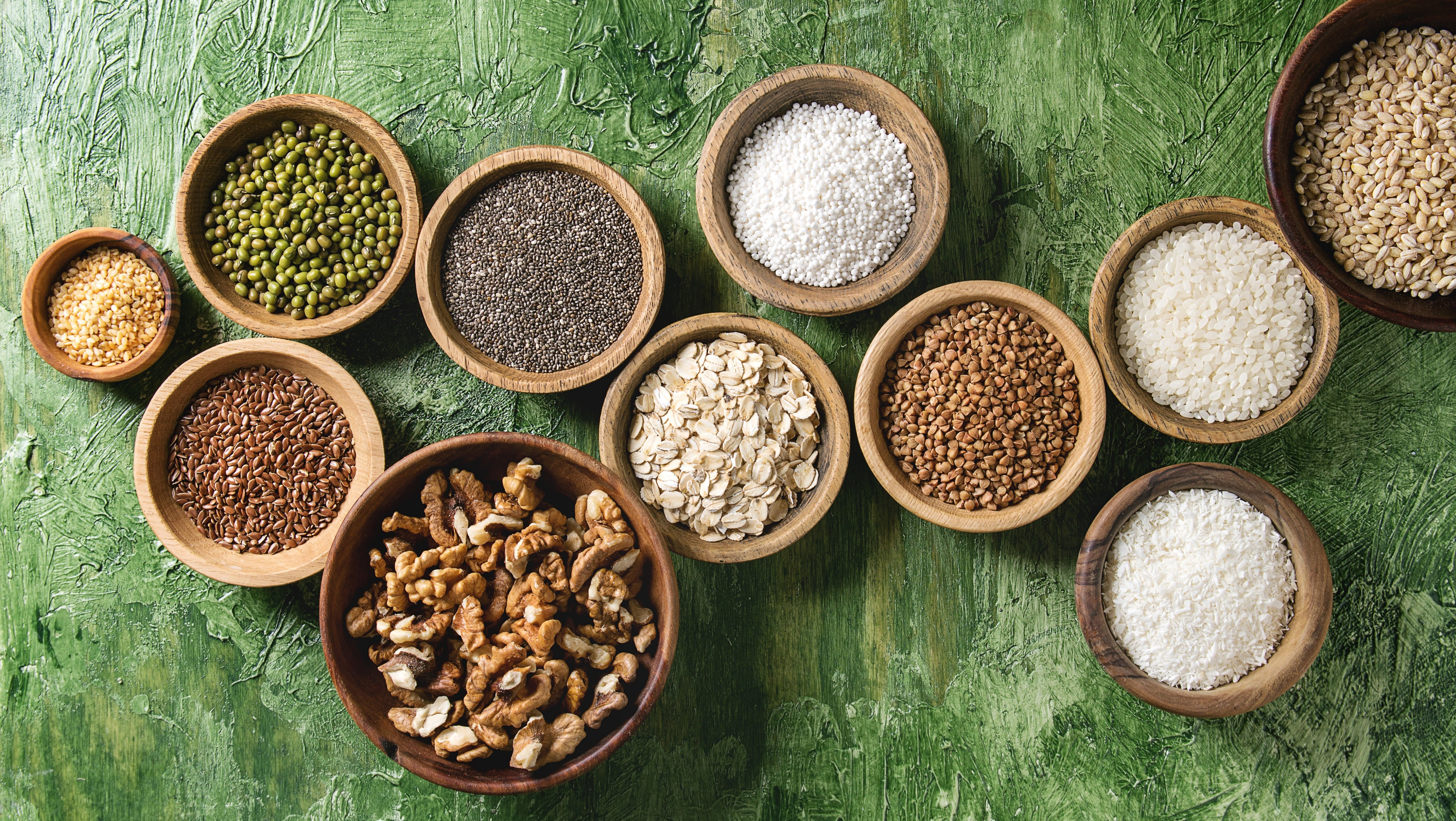TIL "Anti-Nutrients" Aren't As Nefarious As They Sound
I had tenth-grade English with a kid named Grant. Grant fancied himself an amateur bodybuilder, and he was constantly dishing out the kind of questionable nutritional advice you can get for free on the internet these days. I forgot most of Grant's advice long ago, along with the symbolism in The Scarlet Letter. But one piece of Grantspeak stuck with me, and it involved triple-rinsing beans to rid them of their "anti-nutrient shell."
According to my dude Grant, foods like legumes and whole grains are encased in a foul layer of "anti-nutrients," which negate the food's nutritional content. I've accepted this as fact for years—until earlier this week, when I read a piece on Yahoo News by a public health nutrition professor at Oklahoma State, who explained that that anti-nutrients aren't as evil as they sound. Actually, they're pretty beneficial. You seeing this, Grant?
According to Harvard researchers, anti-nutrients naturally occur in both plant and animal foods. The name, I will admit, sounds pretty serious, which is probably why Grant was always rinsing his goddamn beans. And yes, theoretically, anti-nutrients block your body from absorbing nutrients like calcium, iron, potassium, magnesium and zinc. But it's not quite that simple.
To understand how anti-nutrients work, you have to understand why they evolved in the first place. Today's Nutrition reports that plants originally evolved anti-nutrients as a defensive mechanism against animals. Some anti-nutrients can cause a food to taste bitter; others evolved to block the digestion of seeds once they're eaten by animals, ensuring that the seeds pop out the other end and go on to live long, seedy lives.
Fortunately, we don't need to worry about anti-nutrients messing up our nutritional absorption. Unless you're consuming unrealistically high amounts of the stuff, you're gonna be fine. A lot of anti-nutrients are also removed as foods are processed, hence Grant's bean-soaking frenzy.
Anti-nutrients also come with health benefits of their own. For example, saponins in legumes can boost the immune system, lower cholesterol, and even prevent cavities. Lectins in cereal grains are associated with reduced risk of cardiovascular disease, diabetes, and some cancers. Then we have friendly tannins in teas, coffees, and some processed meats and cheeses. Those can inhibit growth of bacteria and viruses and may decrease cholesterol levels and blood pressure.
One caveat: vegetarians and vegans may be at higher risk of negative effects from anti-nutrients. That's because veg-heavy diets often rely on grains and legumes, meaning people who eat mostly plants may consume more anti-nutrients than the average eater. If you're worried about it, chat with your doctor about supplements and be sure to—yes, Grant—soak your beans.
